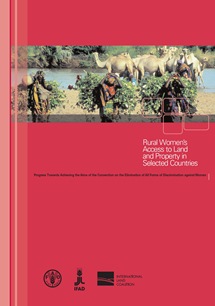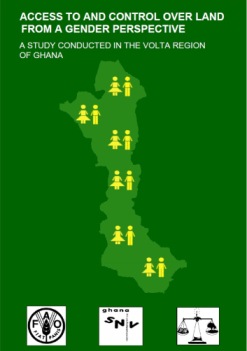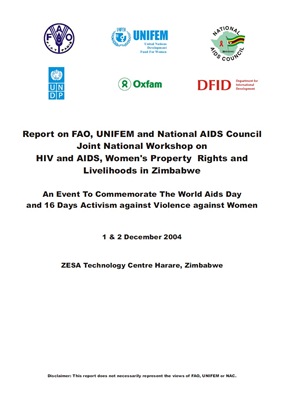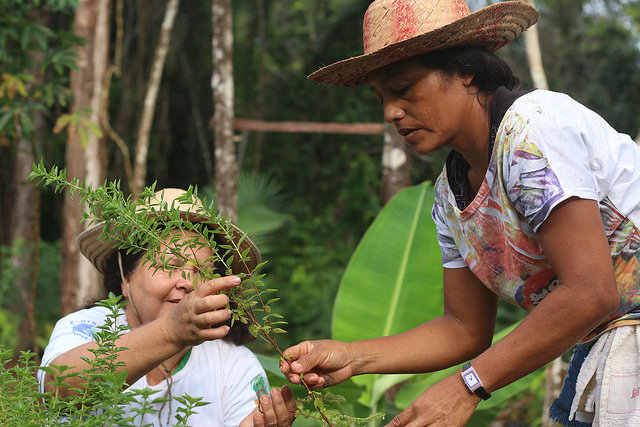Are there customary rights to plants?
Debates around Common Property Resources and Intellectual Property Rights fail to consider traditional and indigenous rights regimes that regulate plant resource exploitation, establish bundles of powers and obligations for heterogeneous groups of users, and create differential entitlements to benefits that are related to social structures. Such rights regimes are important to maintaining biodiversity and to human welfare; failing to recognize them presents dangers.






